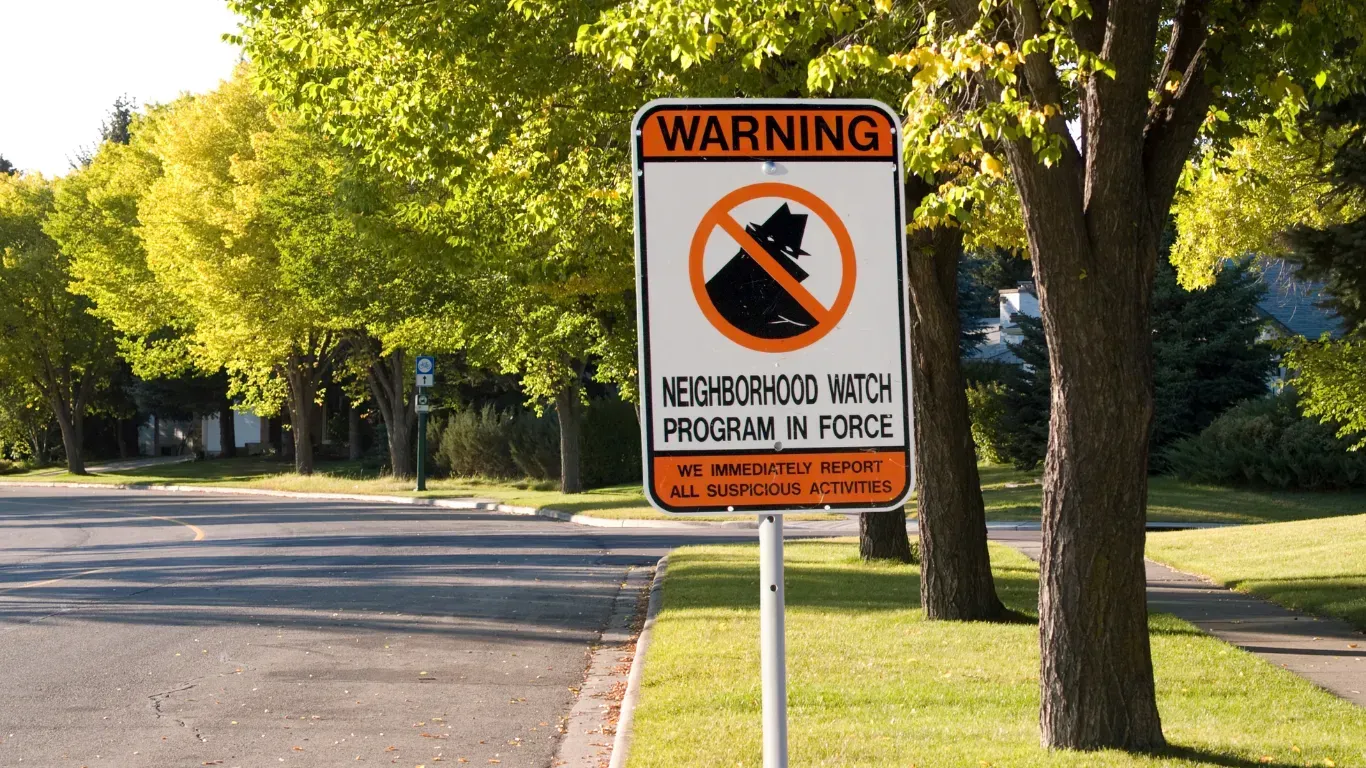Protect Yourself Against Tax Scams by Alina Lopez
This article has been written by Alina Lopez

The deadline to file your taxes may have passed, however, the tax scams are still looming around. So, you’ve done everything to protect your finances and your tax returns but have now received a notice (most likely via email or phone) stating that you have an outstanding debt, or you have an unclaimed refund. The email seems legit with the IRS logo and contact information, or the phone message seems like it’s coming from an IRS agent. After all, the person gave their name and badge number along with a credible phone number. Panic sets in but hold it right there and don’t make any further moves. A sigh of relief sets in as you realize this is a scam. Unfortunately, these bad actors scam unsuspecting victims all the time who fall for these tricks. During the 2023 tax season, the IRS flagged more than 1 million tax returns for potential identity theft, according to the U.S. Department of the Treasury. Sadly, many of the victims are elderly, but anyone can fall for these tax fraud schemes.
With the popularity of ChatGPT, it makes it harder to detect potential scam messages since the usual tell-tale signs of a scam message have been poor spelling and grammar along with bizarre fonts or graphics. Artificial Intelligence is changing that factor making it more difficult to recognize a fake email or text. The advice is still the same though: Don’t click on any links and instead, verify the authenticity of the message yourself. When you click on any link on those imposter emails, the scammer might steal your information or put malware on your phone or computer. Remember, the IRS does not initiate contact with taxpayers by email and rarely by phone. Generally, the IRS first mails a paper bill to a person who owes taxes. They will not contact you either to inform you that the IRS owes you money or there are unclaimed funds.
A few warning signs to spot an IRS impersonator are:
• They contact you over email, text, or social media.
• You get a recorded phone message. The IRS may call someone after numerous attempts through letters in the mail, but there will always be a human on the other end of the line.
• They tell you to make the check out to “IRS”. The IRS requests checks be made out to “U.S. Treasury”. • They want you to share personal details about your credit cards or bank.
• They threaten you with arrest or deportation.
Taxpayers should report suspicious emails, texts, or phone calls to them at phishing@irs.gov and if you have become a victim of tax fraud, report it to the IRS and your local police department and file a claim with the Federal Tade Commission at www.identitytheft.gov.
For more information on tax scams, visit the IRS website at www.irs.gov.
Until next time, be aware, make good choices, and be safe! To contact our office, call 305-470-1670 or visit our website www.citizenscrimewatch.org.


Share this article





